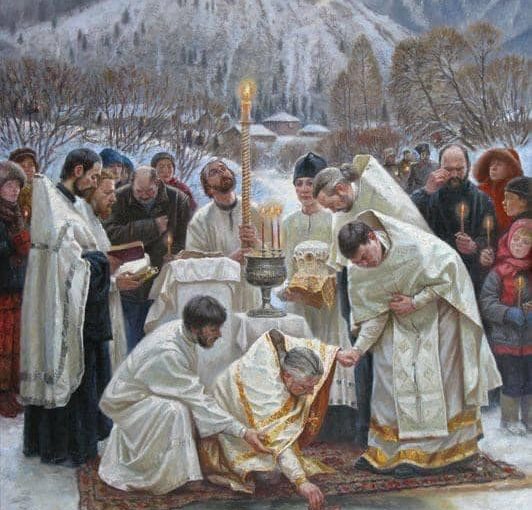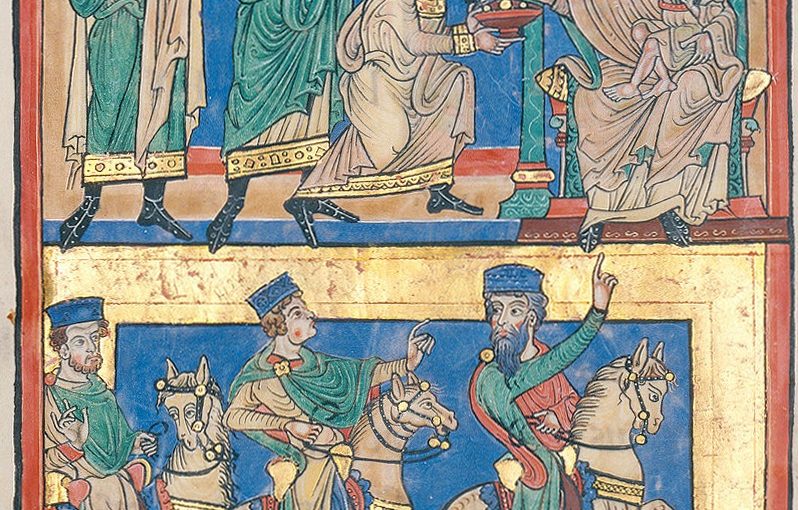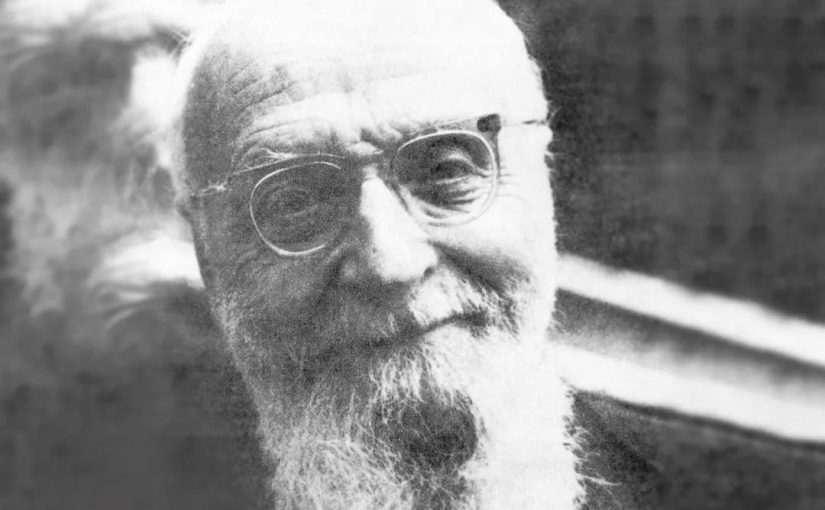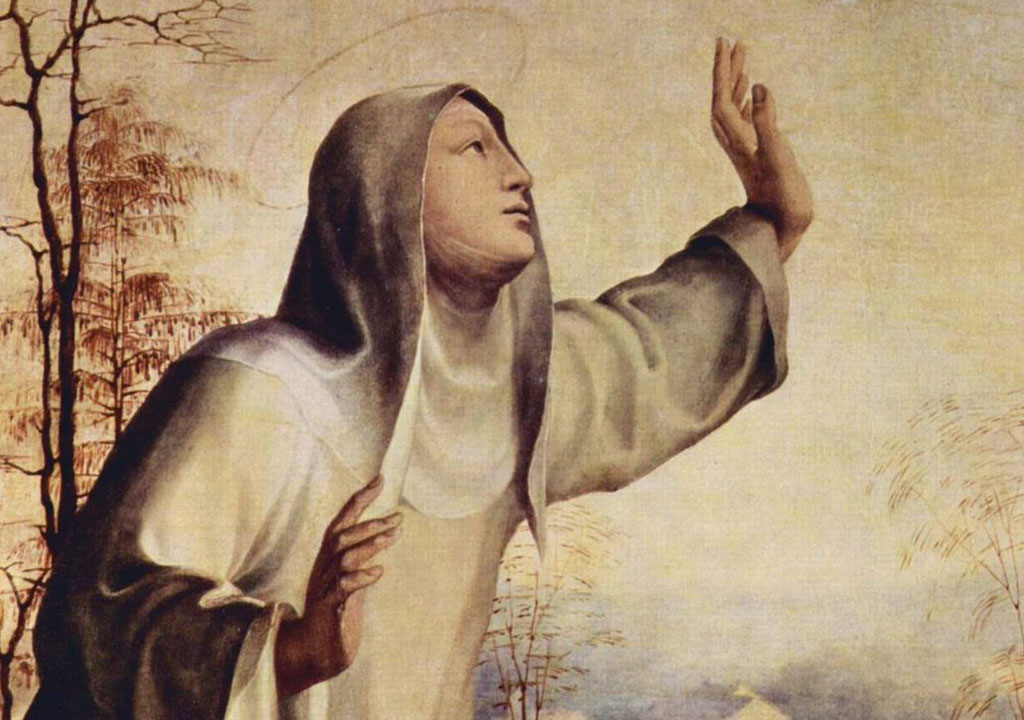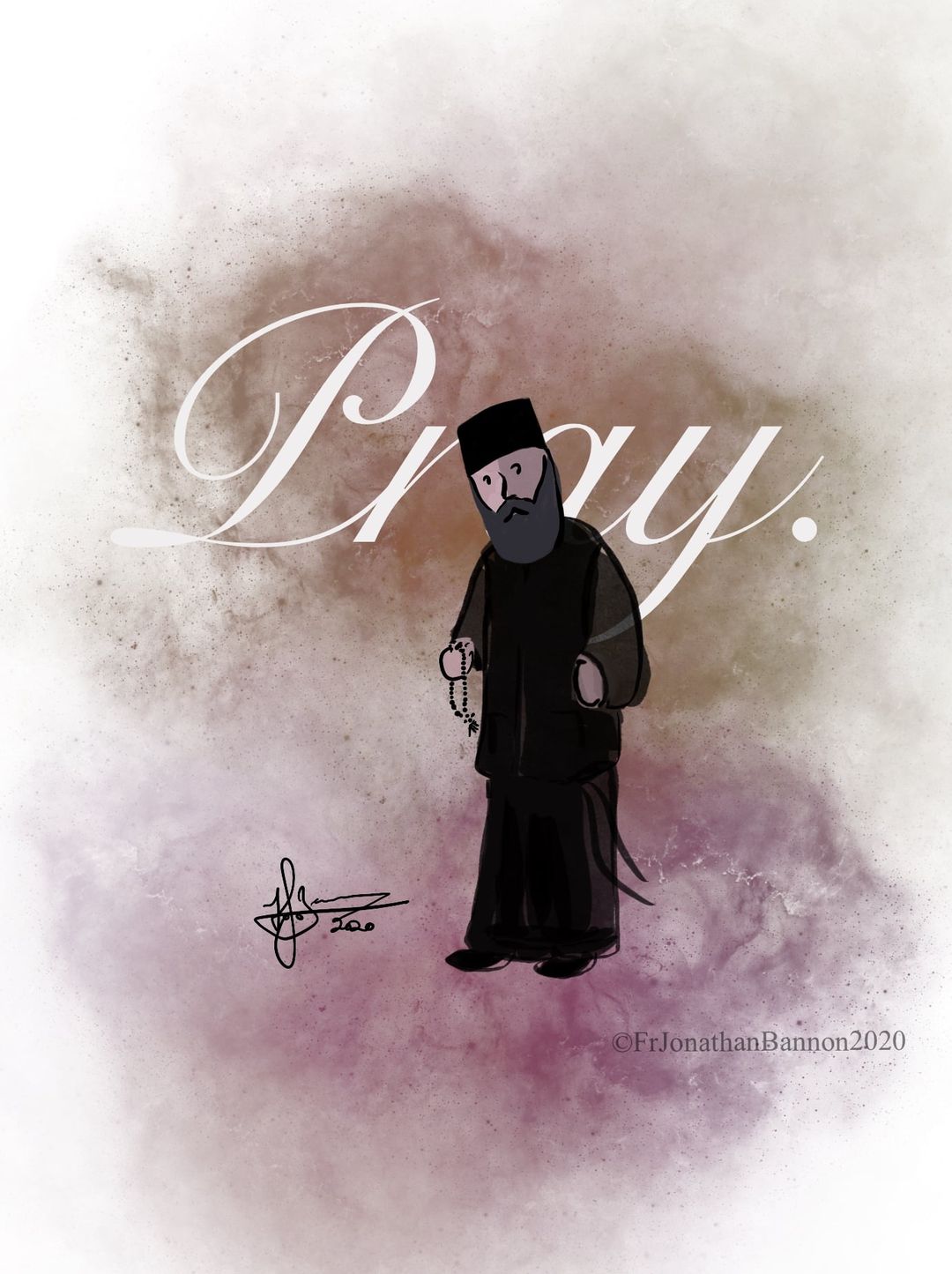Work on purity of heart
At the beginning of Great Lent, but it ought to be daily practice, is ask ourselves how we are working with certain spiritual disciplines like prayer, fasting, almsgiving, charitable work, care for self, silence, living virtuously, forgiving wrongs, and the like. Purity of heart is one of those disciplines that we either are untrained in, purposely forget about it, or actively work against it. Like many other things in the spiritual life if we ignore something long enough our center deadens. The point of Great Lent is to reinvigorate our relationship with the Lord and re-train ourselves to be full of life –to thrive– in God’s grace.
What is the quality of your heart? How do you concretely live the grace of freedom? What does purity of heart look like in your life and with those you life and work with on a daily basis?
“Spiritual discipline is above all about purity of heart. We have within ourselves the opportunity, through grace, of purifying our intention, of seeking only a loving response to the love that is already present, that encourages us forward. The heart that is truly free knows what it is free for: to be the lover God has always longed for” (NS).

